D&D Homebrew Class: Blood Hunter 5e review
Are you interested in playing the Blood Hunter 5e class in D&D? But are you uncertain about what it entails or what it plays like? Don’t waste time investing into a character that you might not like, just read this review and I’ll do my best to inform you. This review is a combination of my experience with this class as a DM (creating content and monsters for it) and all the experience one of my players has playing it.
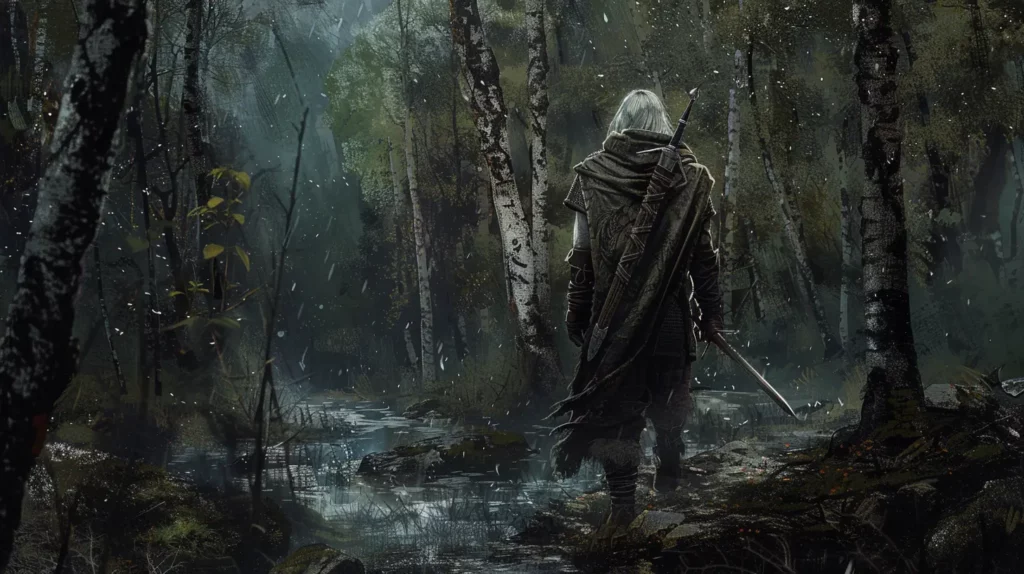
The Intention of Blood Hunter 5e
The intention of this class is to play a Witcher-like monster hunter, specialized in a certain domain of creature. You are a hybrid between a martial and a caster, much like Witchers are, but Blood Hunters lean more to the martial side. Instead of casting spells like Fireball, this class has rites and curses. Simply put: these are mostly buffs and debuffs that are situational. Thematically it’s very fitting. Like Geralt, you’re supposed to be a warrior who adjusts the situation to your benefit.
And throughout the early game, those options matter. You can choose bonus actions like Crimson Rite (weapon enchantment) or a Blood Curse. And then there are curses you can use as a reaction, like Curse of the Eyeless that potentially blinds an enemy. These rites and curses are not cast with spell slots or mana, but by sacrificing health, creating an interesting mechanic that has a gritty vibe to it (and it’s of course the source of the name of the class). You pay for your powers with blood, literally. All of these blood costing options in the early game make it a more versatile class than a full martial, and for most players, that’s more fun. It’s a solid foundation that has the potential for a lot of flexibility.
The big ‘but’
You can feel it coming, “buuut…”. And there are quite some caveats with this class. Because the potential for flexibility is withheld by the set limitations, like the amount of curses one can know (for example: if you’re level 7, you can know two rites and two curses). And while some of these curses and rites are cool, they’re fairly situational. Spellcasters have a wide variety of options, making them more viable to fulfill this role if optimized properly. That’s why we’ve decided to homebrew this in my campaign, to give the Blood Hunter 5e class access to all available rites and curses on his level.
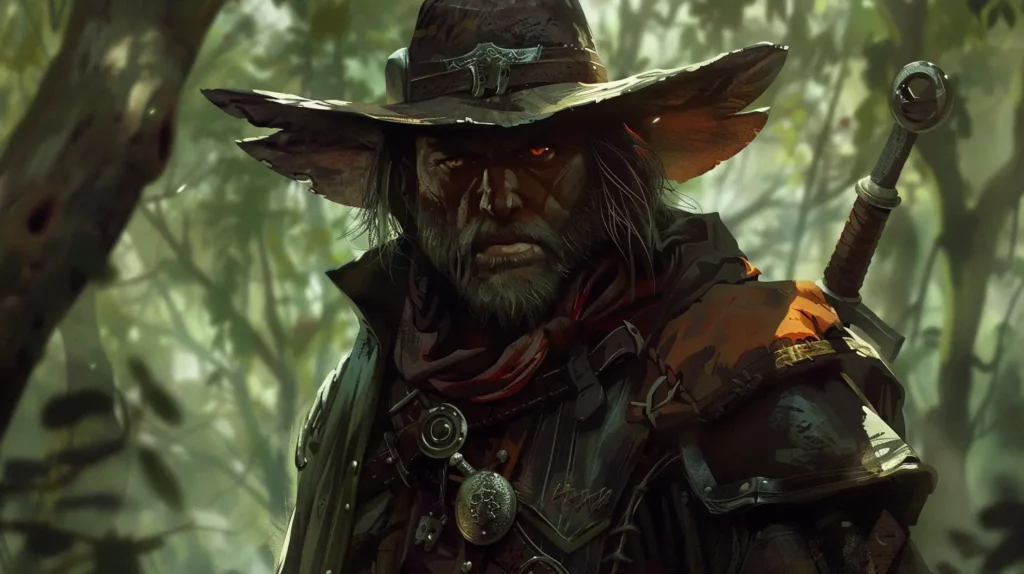
By allowing this, we gave the class more versatility, which made the player feel more like a hunter that can adapt to a situation. Though this still wasn’t enough to fully complete his class fantasy, since there aren’t a lot of mechanics surrounding ‘hunting’. There are buffs, debuffs, and other mechanics that make the character a more proficient combatant. But there isn’t a lot about tracking and hunting, following clues, knowing folklore, memorizing traits about monsters, and all of that good stuff that makes a Witcher interesting. This is why I’ve made my own homebrew system for hunting monsters in D&D 5e.
Lacking ‘hunting’
But the fact that I’ve had to create that homebrew system, shows quite a flaw in Mercer’s execution for this role. We can argue all day about balance, but that’s far less interesting to me if the foundation is fairly solid, like it is in this case. Mechanically, there’s a clear concept of sacrificing blood in order to do awesome stuff, and it fits within the mechanics of D&D 5e. And the concept of it sounds great as a narrative as well. There are people who can proficiently fight monsters, by being something slightly monstrous themselves. It succeeds in achieving the Witcher-like tone it’s going for, in that regard.
But not having anything within this class about the actual hunt of monsters, is a clear oversight. Because a lack of hunting utility, means this class is a martial with a couple of (costly) magical options, if played ‘rules as written’. A Blood Hunter should have high Strength or Dexterity, for the martial weapon they’re wielding. He or she should also have decent Intelligence for casting purposes, and decent Constitution to be able to ‘pay’ for the casting without going down too easily. Like other hybrid classes, they’re spread thin. Which is fine if you have the skills, feats or utility to compensate.
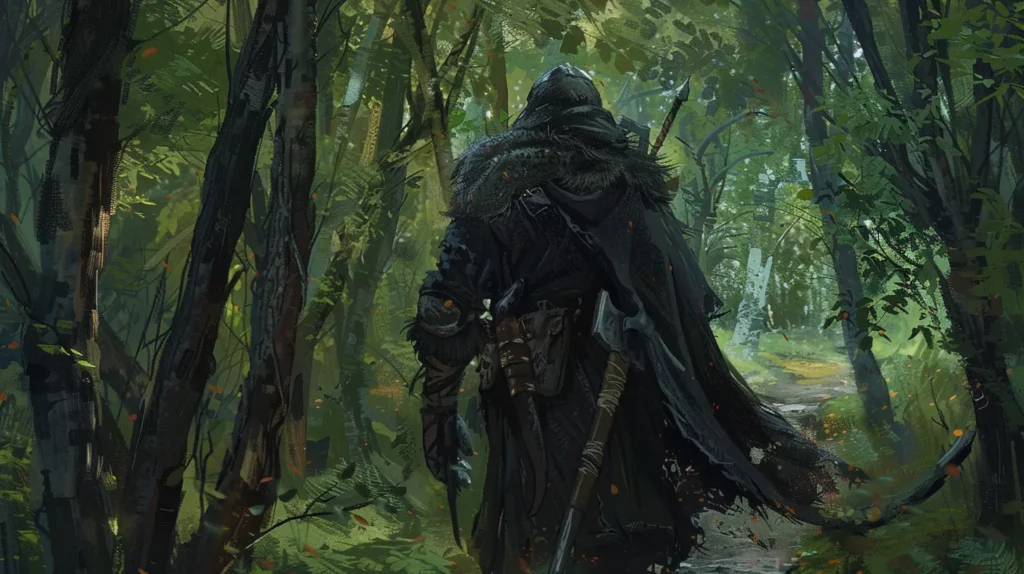
The Blood Hunter 5e class doesn’t have this, though. So again, if you’re interested in playing this class, I highly recommend my homebrew system for hunting monsters to go along with it. Because if you want to feel like a witcher hunting monsters, you won’t find entirely what you’re looking for with this class.
What Blood Hunter 5e provides
What this class does provide – if you allow the player access to a wider selection of rites and curses, and use my hunting system – is an interesting mix between tank and controller. The Blood Hunter player at our table has routinely functioned as a lightning rod of sorts, trying to stay out of melee reach where possible (using the reach of his whip). He will adjust his weapon to the monster, using radiant against undead, or fire against something potentially flammable. Then, after seeing what the design of the monster is, he will try to disable a trait or feature.
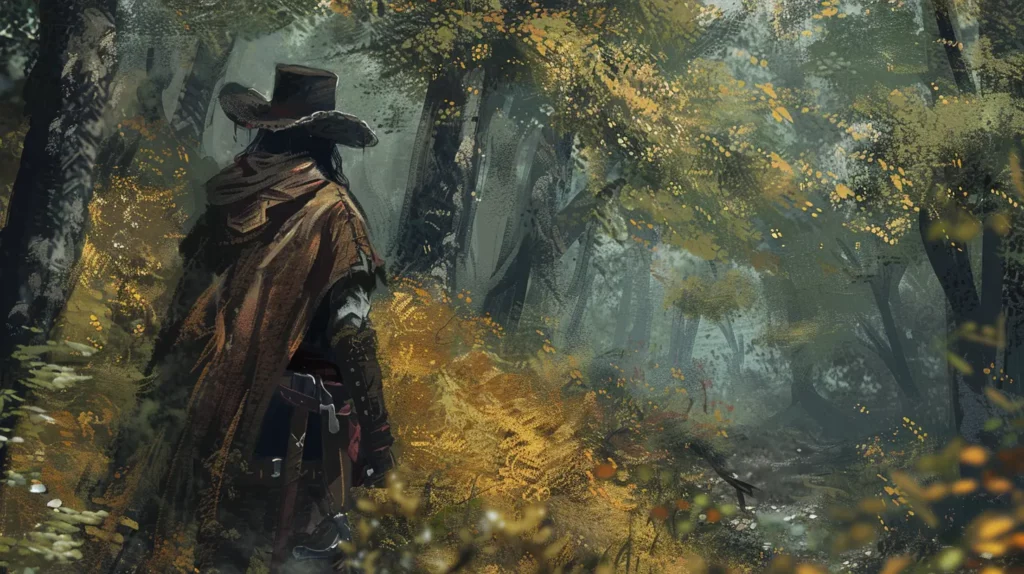
In practice, he often gets beaten around because he’s risking his skin. But he has also provided a specific solution to defeating the monster several times. Either honing in on a weakness that he discovered before the encounter, or using a curse to adjust the situation. And taking on the role of a tank as a Blood Hunter is extra exciting because of the health sacrifices needed to perform magical feats. The so-called ‘swingyness’ of combat in D&D 5e has its downsides, but it also allows for some spectacular moments. This goes double for a class that can debilitate an extremely dangerous single enemy, by risking their own health and safety.
Blood Hunter 5e review: conclusion
As fun as the Blood Hunter can be, the player in my game is still fiddling with elements from the class to achieve more of his class fantasy. And that says a lot. I’m thankful that it led to me creating a fun system for hunting monsters, but it’s a bit of a condemnation. This class is more like a ‘Blood Fighter’, a warrior with a few buffs and debuffs, and some flavor to go along with it. So if you don’t expect more than that, it’s a solid class to play. But if you expect to feel like a Witcher, knowing folklore, hunting monsters, then simply use my monster hunting system and combine it with any class you’d like to play.
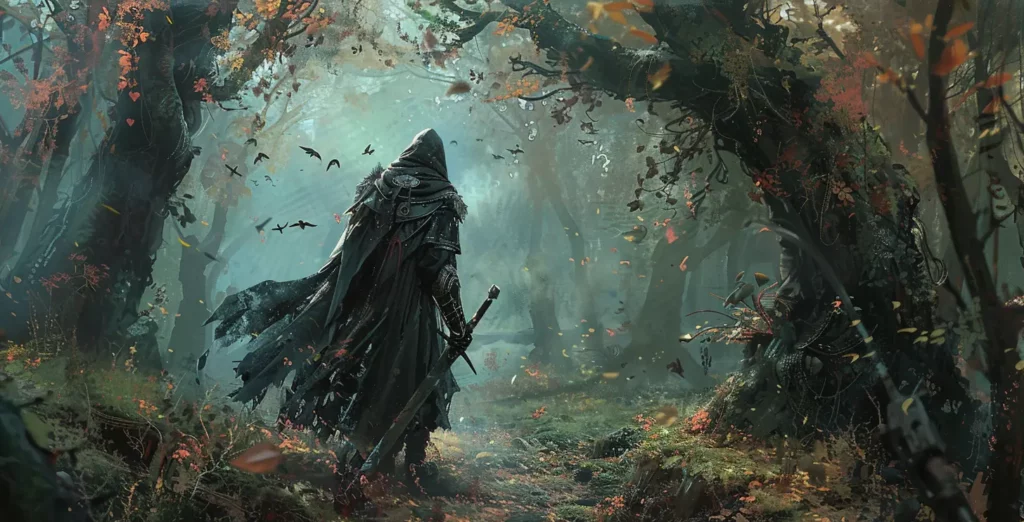

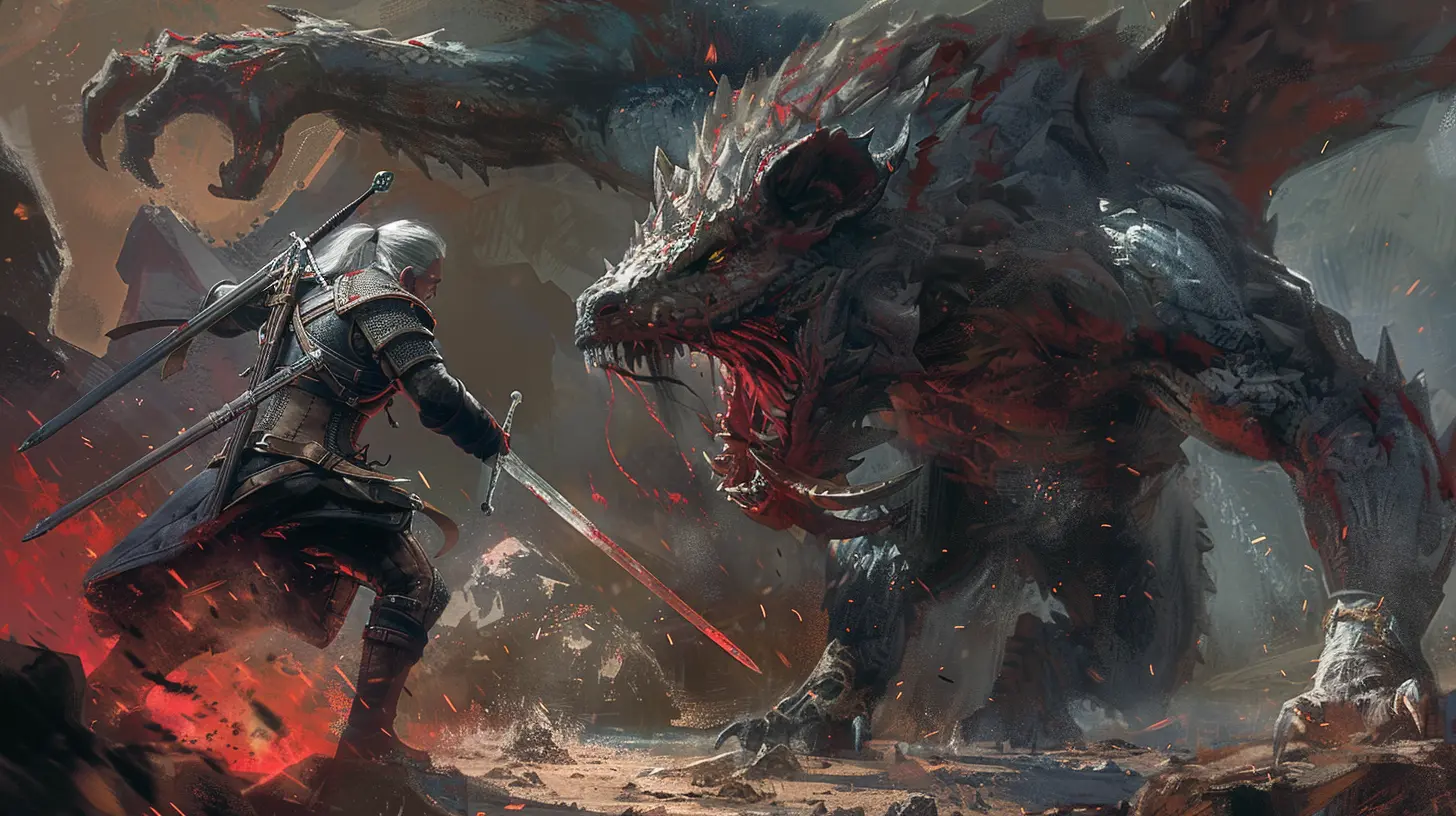
Hi there,
Sorry for using the comments section on this article to ask a completely unrelated question. However that is actually my question! How do I best contact you? I’m reading through the three steps for creating homebrew adventures and have a few questions but comments are not enabled on those pages. Also, since I am here, the two download links on step 2 go no where. Specifically the docx link just links back to that same page and the PDF link points back to step 1.
Anyway, sorry if this was the wrong way to contact you, I just was not able to locate any other means. Have a great day!
— Erik